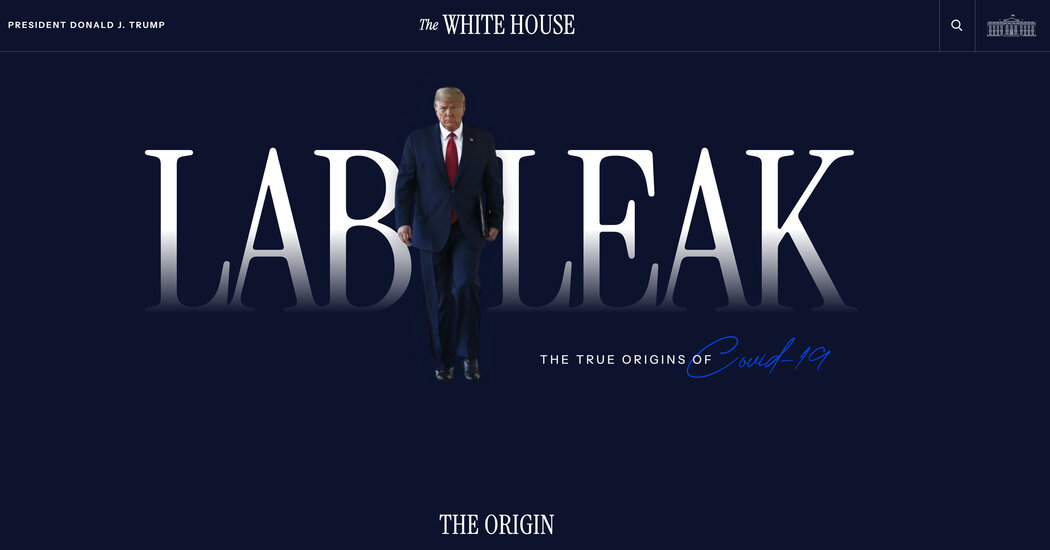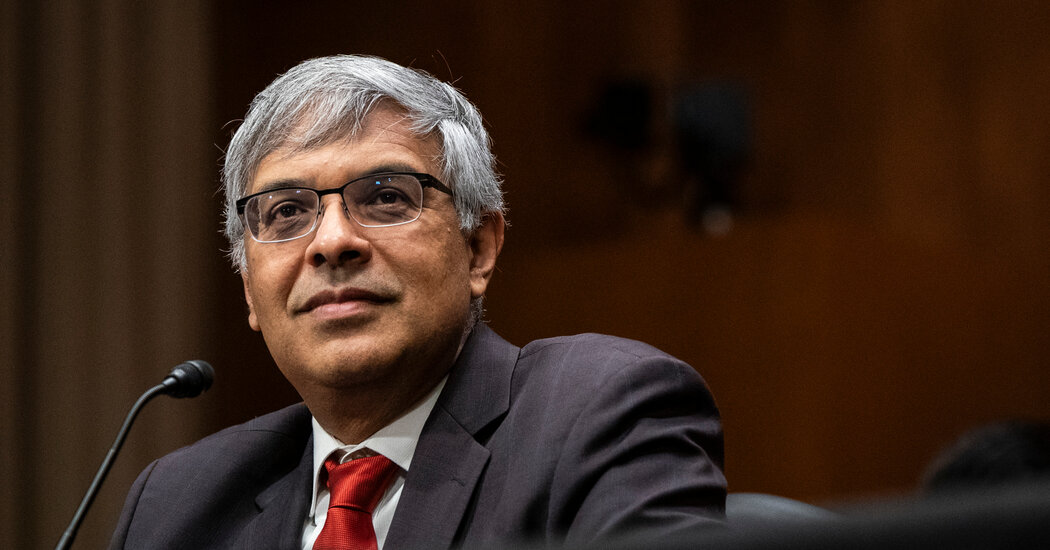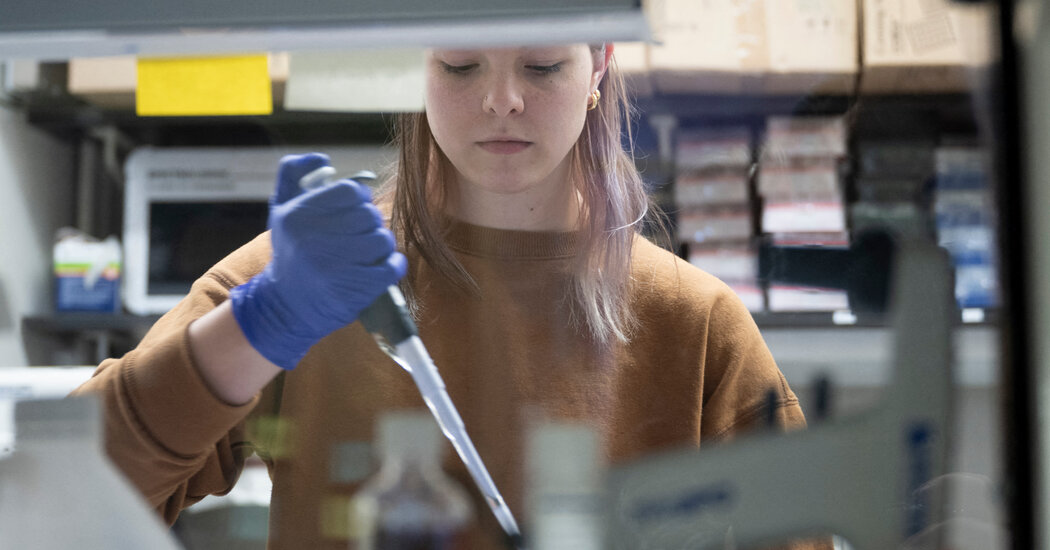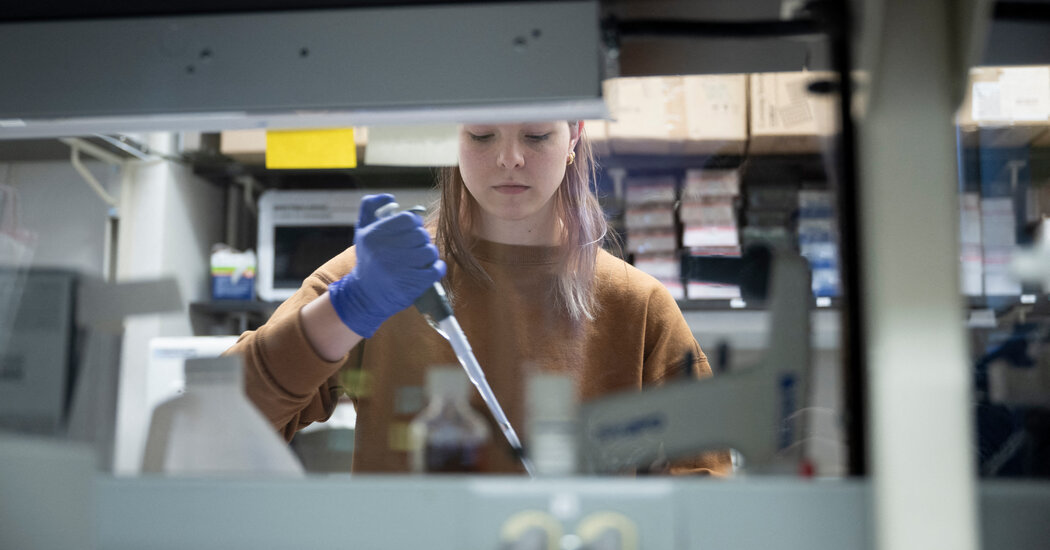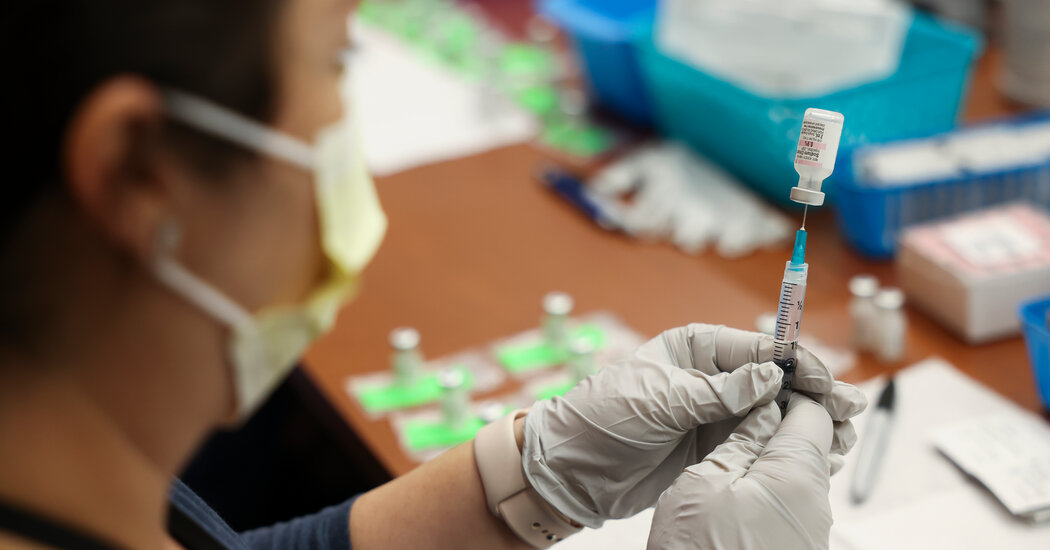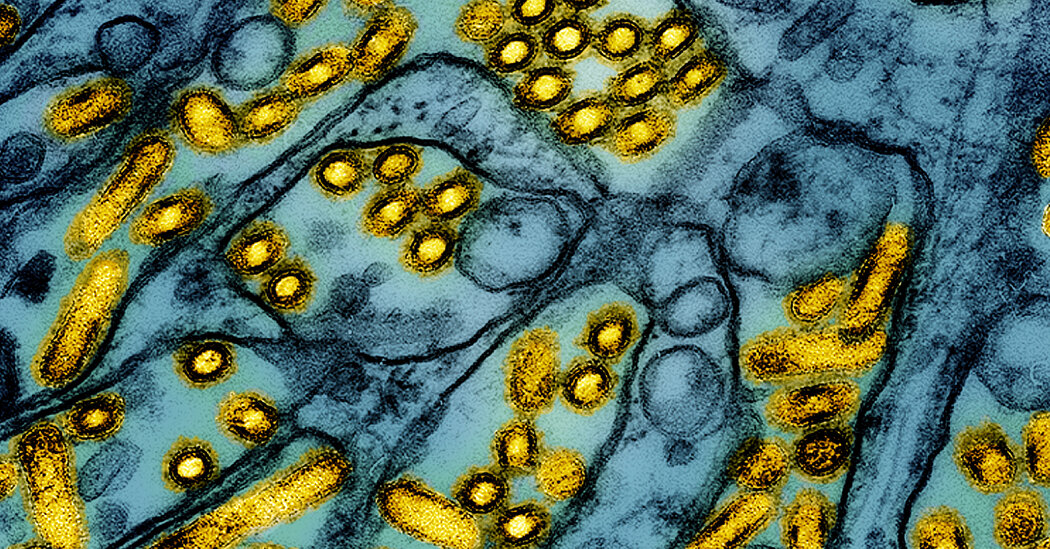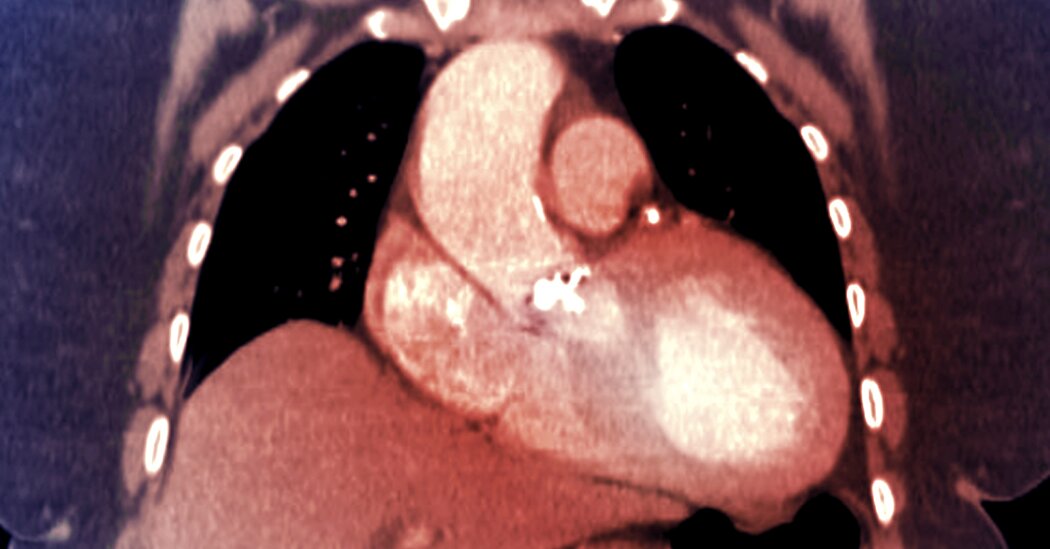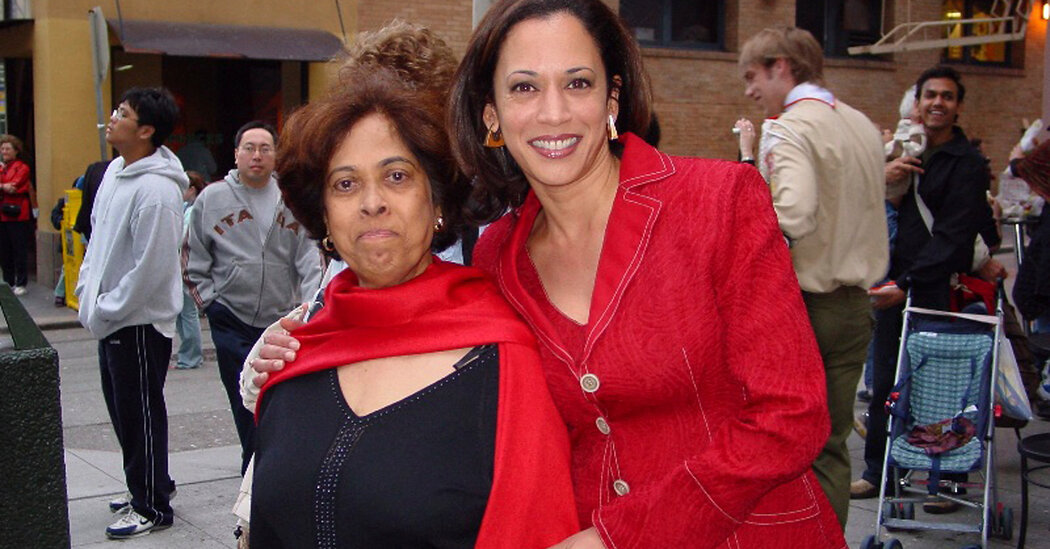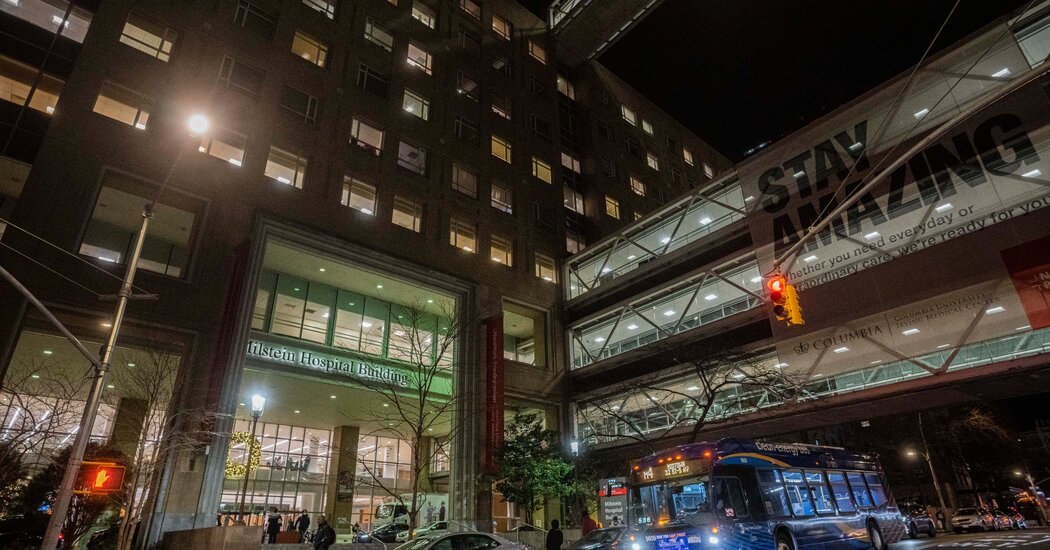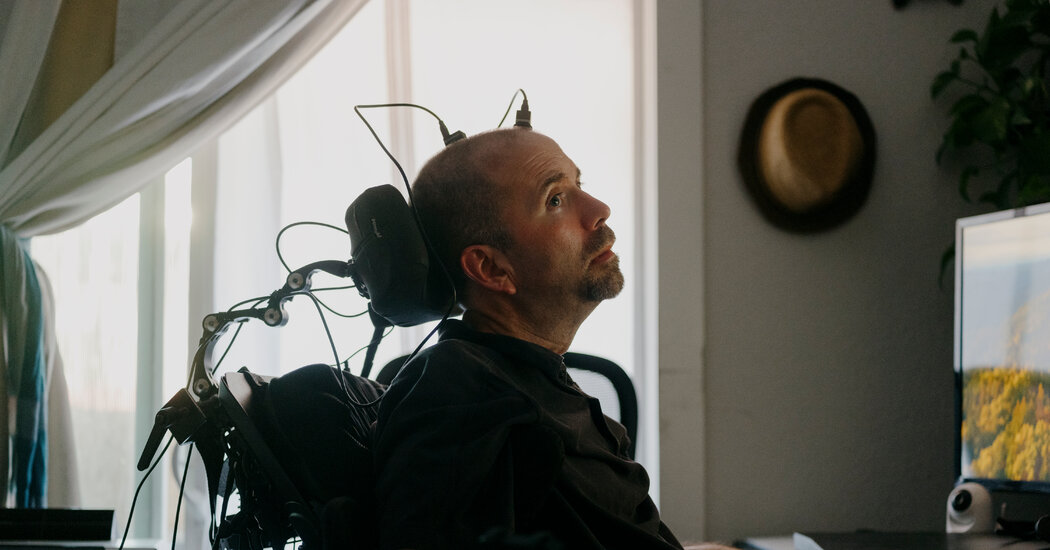Trump Declares Lab Leak as ‘True Origins’ of Covid on New Website
Government websites that once provided basic information about the virus now redirect to a page citing a number of misleading or heavily contested claims.The Trump administration has replaced the government’s main portal for information about Covid with a website arguing that the virus leaked from a lab, throwing its weight behind a theory of the virus’s origins that is so far not backed by direct evidence and that many scientists consider less likely than the idea that it emerged at a wild-animal market.Covid.gov and Covidtests.gov, government websites that used to deliver information about Covid and allow people to order tests, now redirect to the lab leak web page. Carrying an image of President Trump flanked by the words “Lab Leak,” the new page is illustrated by a satellite image of Wuhan, China, the city where Covid began spreading, and says it will describe “the true origins of Covid-19.”The website notes that the city is home to the Wuhan Institute of Virology, a coronavirus lab that had been involved with research projects that some scientists considered dangerous. It also alludes to concerns that the lab had conducted its work under improper safety conditions. C.I.A. officials cited those same concerns when the agency recently shifted its position to favor a lab leak.But the page sidesteps holes in that theory — a number of large Chinese cities, for example, have labs that reported studying viruses like those the Wuhan institute worked on — and does not address the considerable evidence from early cases and viral genomes that the virus instead spilled from animals into humans at an illegal wild-animal market. It also cites a number of misleading or heavily contested claims.The purging of old Covid websites reflects a broader practice by the Trump administration of scrapping health websites that do not align with its views, including ones related to climate change and L.G.B.T.Q. people. (Some of those pages were later restored.)And it has turned what used to be the government’s main portals for disseminating reliable information about the virus into a vehicle for attacking the administration’s political enemies, including Dr. Anthony Fauci, who led a federal research institute that awarded funding to a virus-hunting nonprofit that worked with scientists in Wuhan.We are having trouble retrieving the article content.Please enable JavaScript in your browser settings.Thank you for your patience while we verify access. If you are in Reader mode please exit and log into your Times account, or subscribe for all of The Times.Thank you for your patience while we verify access.Already a subscriber? Log in.Want all of The Times? Subscribe.
Read more →
